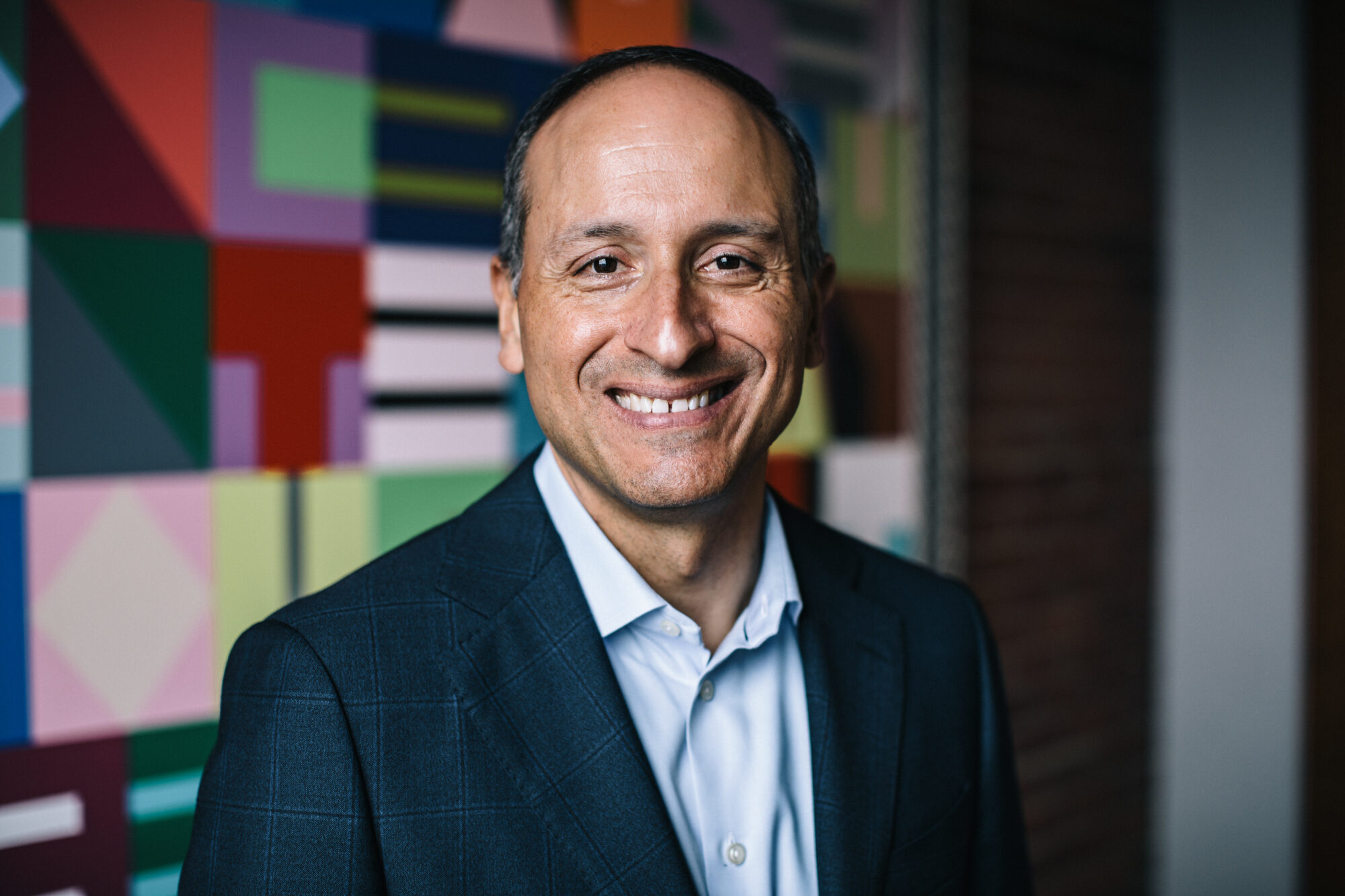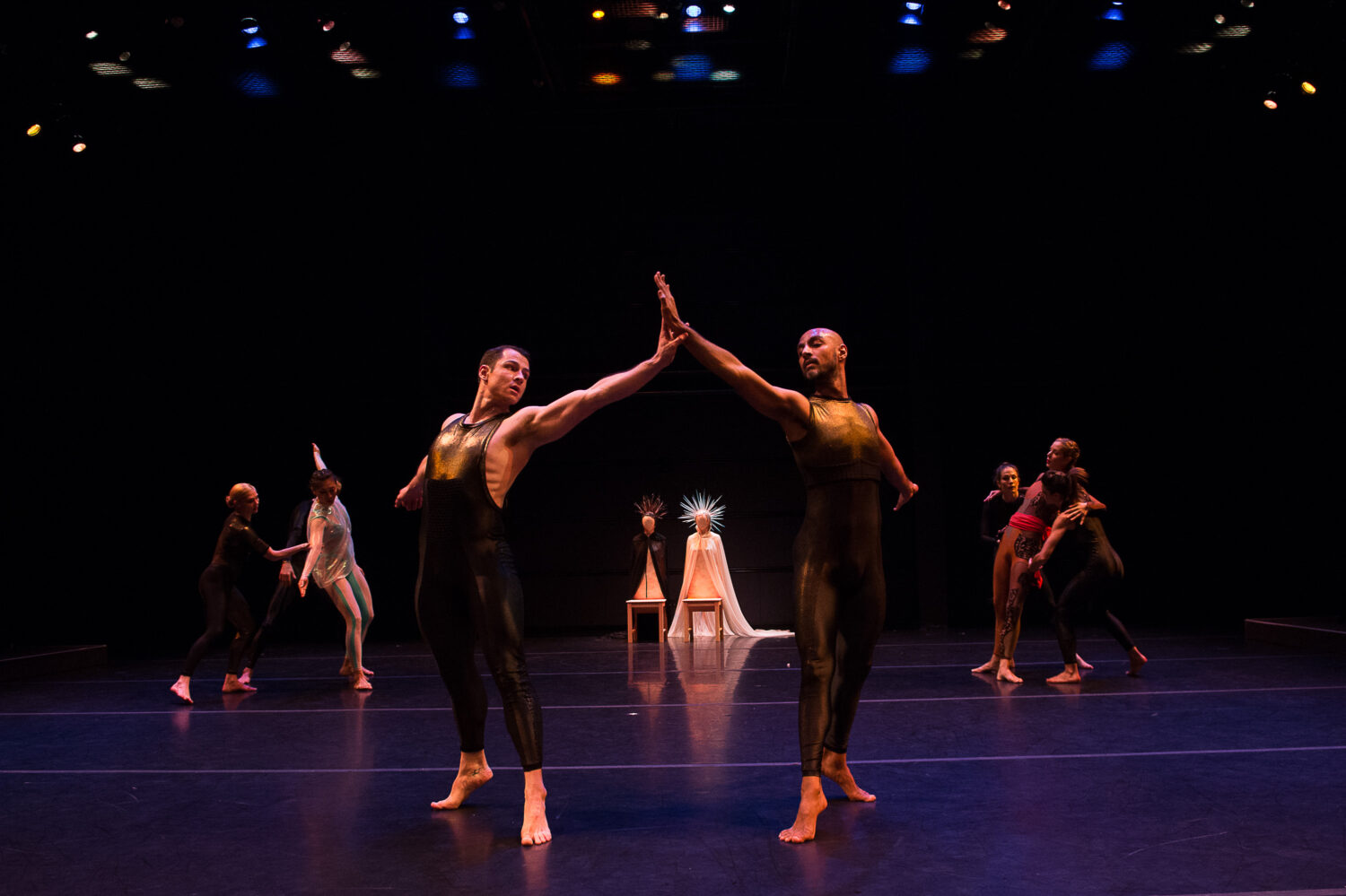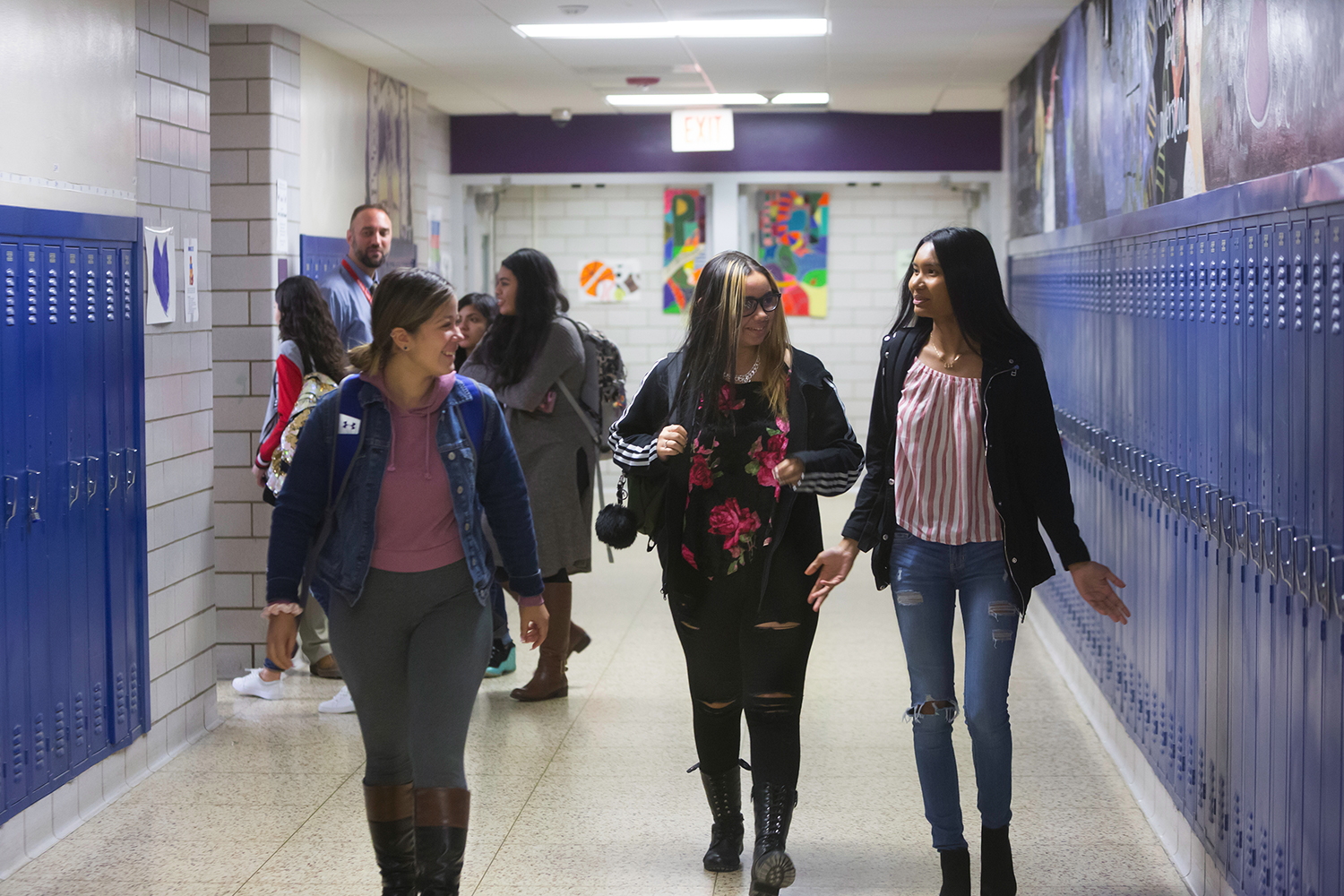Last fall, Barr commissioned the Center for Effective Philanthropy (CEP) to conduct a Grantee Perception Report (GPR) – a confidential survey of our grantees about what it’s like to work with us. We also invited CEP to facilitate several focus groups, to help us understand our results better. As we promised when we launched the survey, we are making our results public. In this post, we share our reflections on three key lessons and, more importantly, how we intend to respond.
At the Barr Foundation, we aim for excellence in every facet of our work. And we know that fulfilling that aspiration requires a healthy dose of humility and a willingness to ask for and listen attentively to feedback from those who know us best. The GPR has become an important tool for us to do that.
In the results we received, it was encouraging to see improvement on the strength of our grantee relationships, a priority for us since our last GPR in 2012. We also received high ratings in areas such as advancing knowledge, impact on public policy, and impact on organizations.Nonetheless, in the end, as CEP reported to us, Barr’s overall ratings for grantee relationships are now similar to those of a “typical” funder.
We aspire to so much more than typical.
We know our effectiveness depends on quality relationships with our partners. Across the multiple relationship measures in the survey (our results on these are summarized in the chart below), we also saw wide variation among our programs. So, in addition to exploring opportunities to continue improving, part of our challenge is to identify the strong practices that exist and make them more consistent across the foundation.

What we heard and what we’re going to do about it
We have focused several staff conversations, our March Trustee meeting, and our May staff retreat on understanding our grantee feedback. Three lessons stood out for us, which we summarize below, along with our response:
Lesson 1:
Applying for and reporting on a Barr grant can be complex. And it isn’t always clear what we do with what we ask for.
WHAT WE’LL DO:
- We’ll go through the process ourselves. This summer, as a staff, we will each go through the process of applying for a Barr Foundation grant. Our goal? To better understand what we ask grant seekers to do for us, where the process supports and adds value, and where it can be streamlined and improved – all with a more empathetic focus on the grant seeker experience.
- We won’t ask for what we don’t use. For our application and reporting processes, our new standard will be: if we won’t use it, we won’t ask for it. One of the refrains that resonated at our recent staff retreat was “people, not paper.” Rather than transactional relationships, our aim is to cultivate relationships rooted in mutual respect, trust, candor, and support.
- If we ask our grantees to spend time on something, they’ll know we are too. We received very low ratings on the usefulness of Barr’s reporting and evaluation practices. With Yvonne Belanger joining us as Director of Learning & Evaluation last fall, we have already been working to improve these areas–with an eye towards making them more collaborative and beneficial to our partners. Soon, we will also launch a new Learning & Evaluation section of our website.
Lesson 2:
Grantees reported that Barr staff are accessible and highly engaged throughout the application process. But after a grant has been awarded, the line can go quiet. Some find it difficult to get a response. Some feel uncertain what to do when challenges arise. This contributes to uncertainty (and sometimes anxiety) about what Barr’s priorities are and where things stand.
WHAT WE’LL DO:
- We’ll be clear about what to expect. We will communicate more clearly how we plan to engage with our partners during every phase of the relationship. We will work to establish expectations at the outset about how often, and about what topics grantees can expect to hear from us. Just as importantly, we will clarify how often, and about what range of topics we want to hear from them.
- We’ll keep the lines of communication open. While many grantees described feeling they could always reach us to share challenges, opportunities, or ideas, others weren’t so sure. We’ll work to establish this norm more consistently across all of our grantee relationships.
- When partners reach out, we’ll reply in a timely manner. On average, Barr’s program staff each manage 49 grantee relationships, alongside their active engagement in the field, which is an important part of the job. We are all busy. Yet, there is never an excuse for not responding to messages. Even if we can’t provide a thoughtful, substantive response right away, we won’t leave partners wondering if we got the message. We will commit to replying in a timely manner, and letting folks know when and how we can connect.
- We’ll strive to be clearer about what our priorities are, how our partners fit, and who else we’re funding. We will work to clarify, both on our website and through conversations with grantees, the goals of our strategies, how our grants align with those strategies, and how the work of our partners relates to that of other organizations we support. We will also consider how we can convene grantees with greater frequency (and clear purpose) to help deepen relationships, improve communications, and enhance outcomes for all.
Lesson 3:
Our processes can sometimes feel inflexible.
WHAT WE’LL DO:
- Minimize restrictions. We know grantees greatly value flexible support. We will continue providing multi-year, general operating support when we are able to. In cases where unrestricted support may not be possible, we recognize the strong preference for support that is less restrictive in nature. And we commit to developing those parameters in an open and collaborative manner with our partners.
- Maximize flexibility and customization. We are committed to making our proposal and reporting processes more flexible and customized. A request to renew a general operating support grant should be much more streamlined than a first-time request for project support, for example. We will strive to be responsive to partners’ work flow and needs (not driven solely by Barr’s calendar and requirements). In some cases, we will also accept proposals and reports developed for other funders (as we have already begun to do with some of our special initiative grantmaking).
Other Opportunities for Improvement
Though these three issues will be our primary concern in the months ahead, we will also work to respond to other areas of feedback. For instance, we will explore how to be more active and present in the communities we aim to serve – as many partners noted that increased engagement by Barr would be beneficial. Our partners were also interested in learning more about our commitment to diversity, equity, and inclusion. And we will have more to share on that topic later this year.
Reporting Back on Our Progress
Recently, it has become common practice for foundations to make their GPR results public and outline steps they will take as a result. We share that commitment, of course. In addition, we plan to report publicly on our progress toward the steps outlined above. This summer, on the Learning & Evaluation page of our website, we will create a dedicated space related to the GPR. It will include the various results we have linked to here, the steps we have committed to take (including those outlined above, as well as others still to be identified), and updates on our progress in real-time. This is an experiment for us, to hold ourselves accountable to action, to ensure we follow through on the many good suggestions we received, and to demonstrate how foundations can strive for greater accountability.
Gratitude
We are grateful to the over 200 grantees who participated in our 2017 GPR. We are also enormously thankful for the excellent work of the CEP team, including Kevin Bolduc, Della Menhaj, and Naomi Orensten. They didn’t simply issue a survey, gather results, and hand them over; they truly invested in getting to know the data in-depth, and helping us understand the implications and the possibilities for doing better. Not all of our grantees shared the same concerns we focused on here. We received lots of positive feedback as well. Yet, we are not satisfied if even some partners have a middling or negative experience with us. It is clear our grantees want more than a transactional relationship with us. We want that too. And, we know how important it is to get this right.At the opening of our staff retreat this year, Jim shared this quote, by Alan Pifer, who, in 1973 as president of the Carnegie Corporation of New York, wrote the following in his annual report essay:
Many factors contribute to a foundation’s effectiveness and impact. Yet, few are as important as the human factor. This is as true today as it was when Pifer wrote it 45 years ago. It is the standard to which we intend to hold ourselves. And we invite you to do the same.





